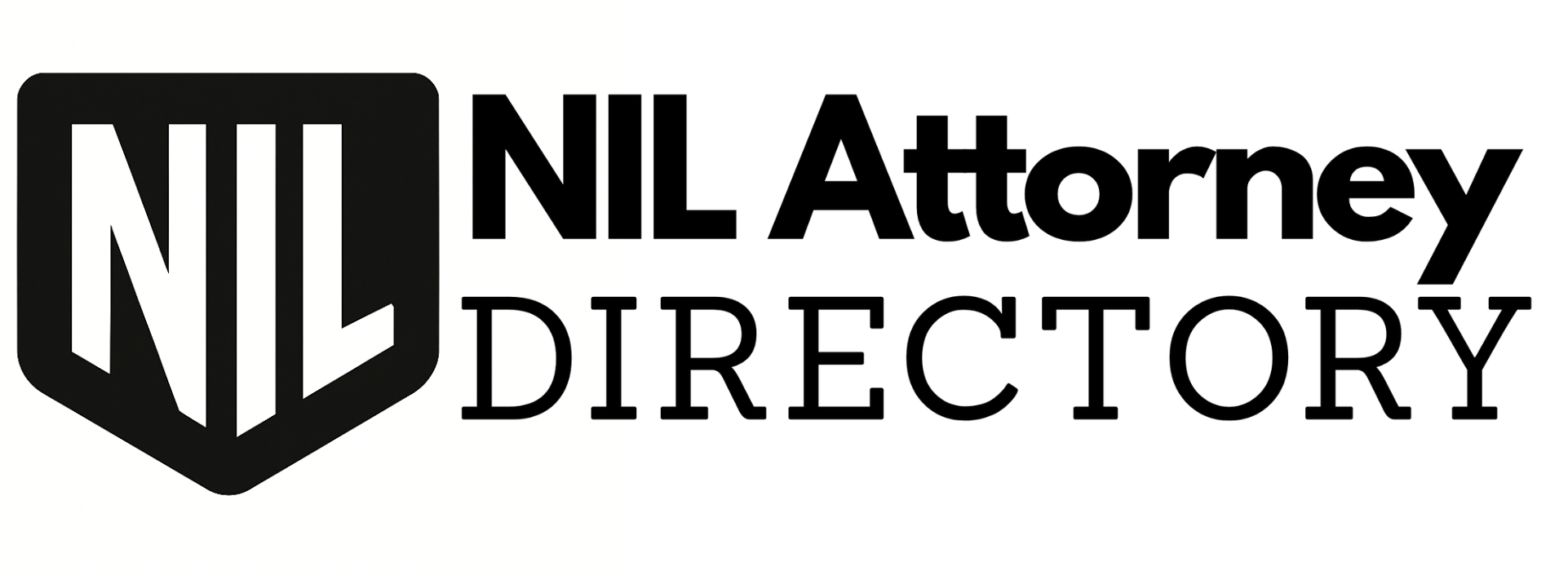Trends shaping the attorney’s role in college sports and beyond
When the NCAA approved Name, Image, and Likeness (NIL) in 2021, athletes stepped into a brand-new marketplace almost overnight. At first, most deals were small, local, and straightforward. Today, NIL contracts have grown more complex—stretching across states, countries, and industries. That growth is reshaping how attorneys support athletes.
Here are the trends shaping the future of NIL legal representation—and why the attorney’s role is becoming more important than ever.
1. Bigger and More Complex Deals
Early NIL contracts were often local partnerships—a pizza shop sponsoring a quarterback, or a car dealership paying for social media posts. Now, national brands, apparel giants, and even tech companies are entering the space. These deals involve:
- Multi-year terms
- Exclusive rights
- Intellectual property licensing
- International usage
Trend: Attorneys will increasingly be needed to negotiate sophisticated contracts, not just review simple one-off agreements.
2. Increased Focus on Intellectual Property (IP)
Athletes aren’t just endorsing products—they’re building brands. From personal logos to merchandise lines, intellectual property is at the center of NIL growth.
Trend: Attorneys will play a bigger role in filing trademarks, drafting licensing agreements, and defending athletes’ IP from unauthorized use—especially as deepfakes and AI misuse rise.
3. Greater NCAA and State Oversight
The NIL era began with little regulation, but schools, states, and the NCAA are tightening rules. Expect more compliance requirements, disclosure standards, and eligibility checks.
Trend: Attorneys will become essential in helping athletes navigate a patchwork of laws and avoid missteps that could jeopardize eligibility.
4. Global NIL Opportunities
International brands and cross-border contracts are growing, especially for athletes with global fanbases. But immigration and tax laws complicate these opportunities.
Trend: NIL attorneys will collaborate with immigration lawyers and international tax professionals to ensure deals comply across borders.
5. Collectives and Group Deals
Athlete collectives pool resources and opportunities—but also raise complex questions about fairness, compensation, and governance.
Trend: Attorneys will help athletes evaluate collective agreements, draft group governance documents, and resolve disputes among members.
6. Business Formation as the Norm
More athletes are forming LLCs or S-Corps to manage income, protect assets, and build professional credibility.
Trend: Attorneys will increasingly be involved in creating business entities and aligning contracts under them—turning athletes into entrepreneurs from the start.
7. Litigation and Dispute Resolution
As NIL money grows, so does the potential for disputes. Late payments, misuse of NIL, or conflicts over exclusivity will inevitably lead to more legal action.
Trend: Attorneys will be called on not only for contract drafting, but also for enforcement, arbitration, and litigation support.
8. Beyond College Sports
NIL is reshaping the pipeline from high school to professional leagues. Athletes are entering the pros with pre-built brands, businesses, and legal frameworks.
Trend: Attorneys who understand NIL will continue representing athletes as they transition to professional careers, ensuring continuity and long-term protection.
Final Takeaway
NIL is no longer the “wild west.” As deals become more complex, attorneys are evolving from contract reviewers to strategic partners—helping athletes protect their rights, grow their brands, and prepare for life beyond college sports.
At www.NILAttorneyDirectory.com, we connect athletes and families with attorneys who understand both today’s NIL rules and tomorrow’s trends—so you can stay ahead of the game while protecting your future.
